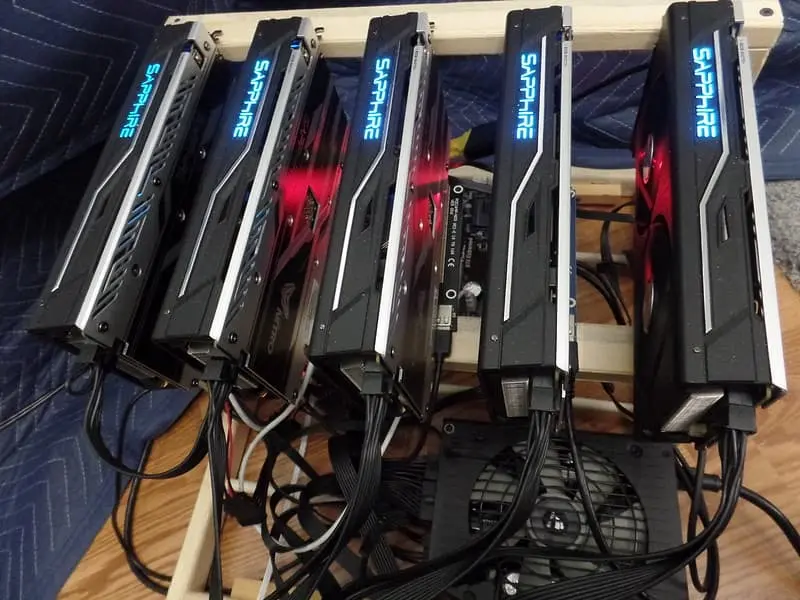- OnePlus announces revolutionary battery technology: “it’s the beginning of a new era”
- Recover $3 million in bitcoins thanks to an expert who recovered wallet password
Every year, Bitcoin mining demands more electricity than entire nations. At least that’s what a study from the University of Cambridge in the United Kingdom concludes. Cryptocurrency relies directly on a process that involves an enormous amount of computational calculations to verify transactions. The English researchers estimated that global Bitcoin mining activity consumes around 121.36 terawatt-hours (TWh) per year.
SEE ALSO: The Lie We Live In, A Documentary to Think About

For some, the fact that Tesla decided to invest in Bitcoin will further increase electricity consumption. This contradicts the supposed environmental commitments under which the company has promoted itself. After announcing that Elon Musk’s company acquired more than $1.5 billion in this cryptocurrency and that they plan to accept it as payment in the future, Bitcoin reached $46,000.
Bitcoin’s big problem.
With a rise in the price of Bitcoin, it is logical that the interest of miners increases, at the same time as their production capacity and electricity consumption increases. Michel Rauchs, a researcher at the Cambridge Centre for Alternative Finance (CCAF), explains that the higher the price of cryptocurrency, the higher the electricity requirement for its operation. Rauchs also helped create an online tool that generates such estimates.
According to this tool, Bitcoin mining consumes more electricity annually than countries such as Argentina, the Netherlands, and the United Arab Emirates. In fact, it is close to the annual consumption recorded by Norwegians in 2016 with 122.2 TWh.
A curious fact that they point out in the study is the amount of electricity consumed by electrical appliances on standby in the United States alone. That “waste” would be enough to meet the electrical need required by the bitcoin network for an entire year. Bitcoin mining requires computational devices, often high-end, to link to the cryptocurrency’s network. Its task is to verify transactions made by individuals who send or receive Bitcoin.

Bitcoin mining and power consumption.
While these calculations do not fully validate the cryptocurrency transaction, they do offer protection against fraud in the transaction record. In return, miners receive small amounts of Bitcoin. In order to increase profits, entire individuals and organizations connect a large number of miners to the network. Since computers work incessantly to solve calculations, a lot of electricity is consumed.
David Gerard, an anti-cryptocurrency activist, claims that Bitcoin is inefficient. “There’s no point in having the most efficient hardware for mining, the competition with other more efficient hardware never stops. This means that the need for energy and its production of carbon dioxide never stops increasing. It’s unfortunate that we waste all that energy on this kind of lottery.” Gerard proposes that cryptocurrencies pay taxes on CO2 generation.



Comments